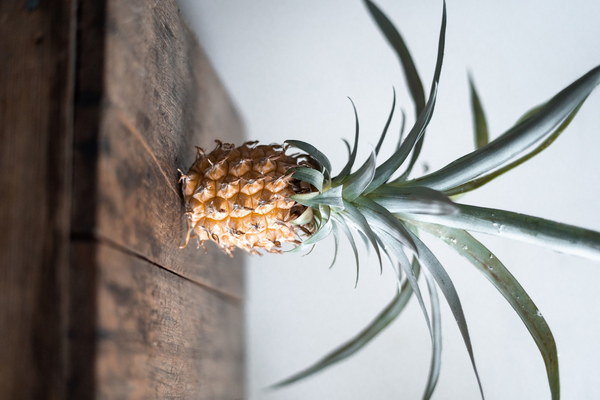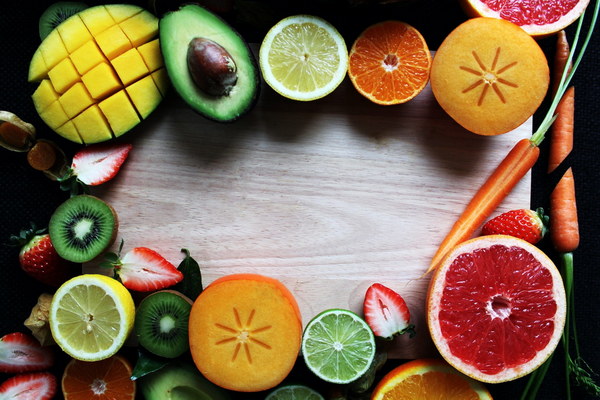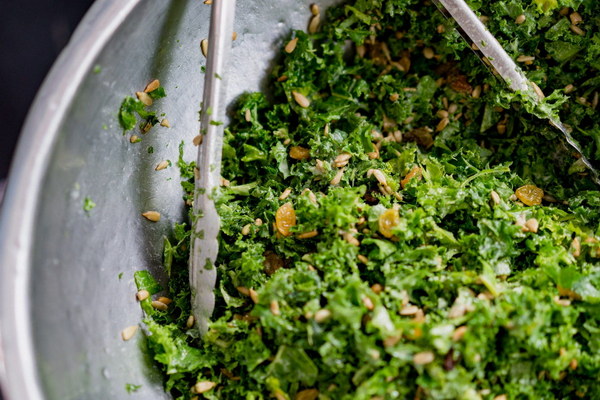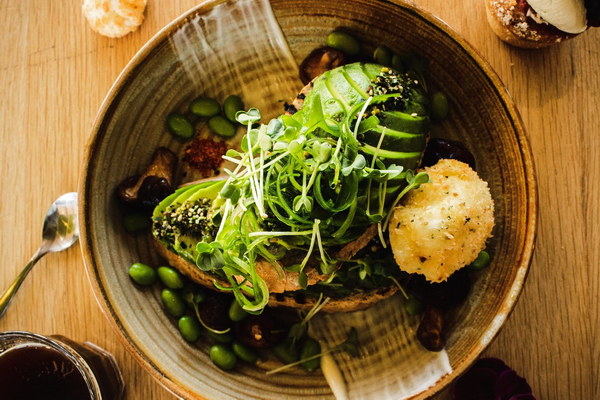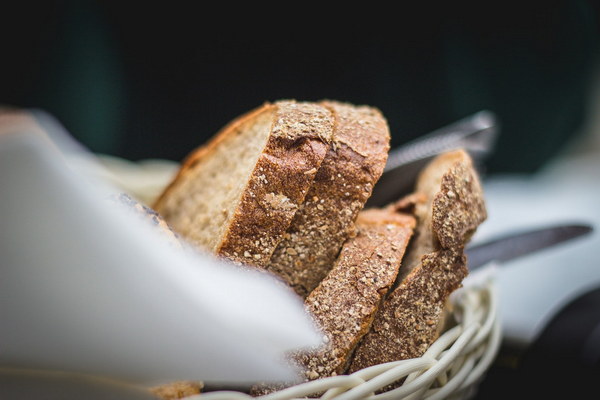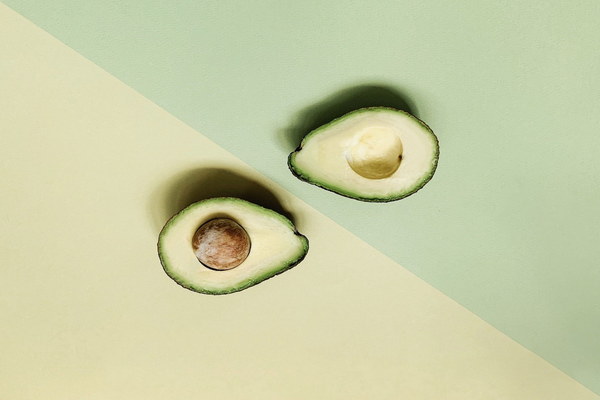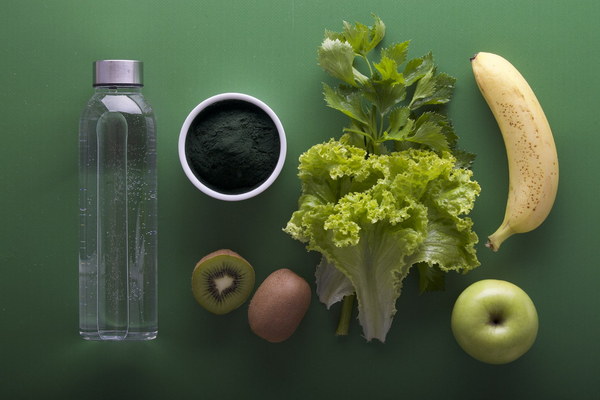The Elite Elixirs A Historical Journey Through the Edible Treasures of Chinese Emperors
In the annals of Chinese history, the emperors were not only the political and military leaders of their realms but also patrons of the arts, culture, and, most notably, the culinary world. One aspect of their opulent lifestyle that stands out is the unique and varied selection of tonics and elixirs they consumed in the belief that they would enhance their vitality and longevity. This article takes a journey through the centuries, exploring the various edible treasures that graced the palates of China's emperors.
The Han Dynasty: The Emperor's Elixir of Immortality
During the Han Dynasty (206 BCE – 220 CE), the pursuit of immortality was a national obsession. Emperors like Emperor Wu, known for his love of alchemy, were particularly interested in finding the mythical Elixir of Immortality. One of the most famous concoctions from this period was the Golden Elixir, a potion believed to possess supernatural powers. It was made from a combination of gold, mercury, and various rare herbs, though it did little to aid the emperor's lifespan.
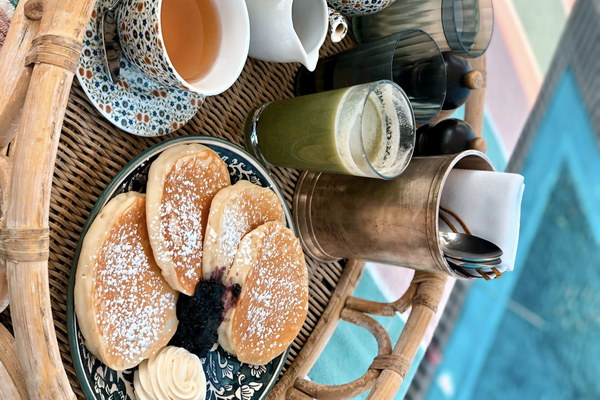
The Tang Dynasty: The Art of Tea and Medicinal Herbs
The Tang Dynasty (618 – 907 CE) saw a shift from alchemy to a more balanced approach to health and wellness. Emperors like Emperor Taizong were great patrons of tea, which was not only a symbol of status but also held medicinal properties. The famous Imperial Tea was believed to improve digestion and boost the immune system. In addition to tea, Tang emperors also favored a variety of medicinal herbs, such as ginseng and goji berries, which were thought to promote longevity and vitality.
The Song Dynasty: The Luxurious Delicacies
The Song Dynasty (960 – 1279 CE) was known for its luxurious lifestyle, and the emperors were no exception. Their diet was rich in exotic ingredients and delicacies, including bird's nest soup, a dish believed to be an aphrodisiac and a cure for various ailments. Emperors also indulged in a variety of medicinal foods, such as turtle meat, which was believed to have cooling properties and could help with inflammation.
The Yuan Dynasty: The Fusion of East and West
The Yuan Dynasty (1271 – 1368 CE), under the rule of the Mongolian emperors, saw a fusion of Chinese and Mongolian culinary traditions. Emperors like Kublai Khan were known for their love of meat, and they incorporated various animal parts, like the liver and kidney, into their diets. These offal dishes were believed to be potent in their healing properties and were often served as a form of medicinal fare.
The Ming Dynasty: The Revival of Traditional Medicine
The Ming Dynasty (1368 – 1644 CE) witnessed a revival of traditional Chinese medicine, with emperors like the Yongle Emperor being ardent supporters of the discipline. The emperor's court was well-stocked with rare herbs and tonics, including the legendary Pine Nourishment Pill, which was believed to enhance memory and intelligence. The pill was made from a blend of pine nuts, honey, and other natural ingredients, and it was a favorite among the royal family.
The Qing Dynasty: The Opulence of the Forbidden City
The Qing Dynasty (1644 – 1912 CE), the last imperial dynasty in China, was characterized by the opulence of the Forbidden City. Emperors like Qianlong were known for their extravagant tastes, and their diet reflected this luxury. They consumed a variety of delicacies, including shark's fin soup, a dish considered a symbol of wealth and status. The emperors also continued to rely on traditional Chinese medicine, with the court physicians carefully selecting the most potent and rare herbs for their patrons.
In conclusion, the edible treasures consumed by China's emperors over the centuries were a testament to the nation's rich culinary and medicinal heritage. From the alchemical pursuits of the Han Dynasty to the luxurious delicacies of the Qing Dynasty, these emperors sought to prolong their lives through a combination of food, herbs, and the mystical quest for the Elixir of Immortality. While these practices did not always lead to the desired outcome, they have left an indelible mark on Chinese history and cuisine.
